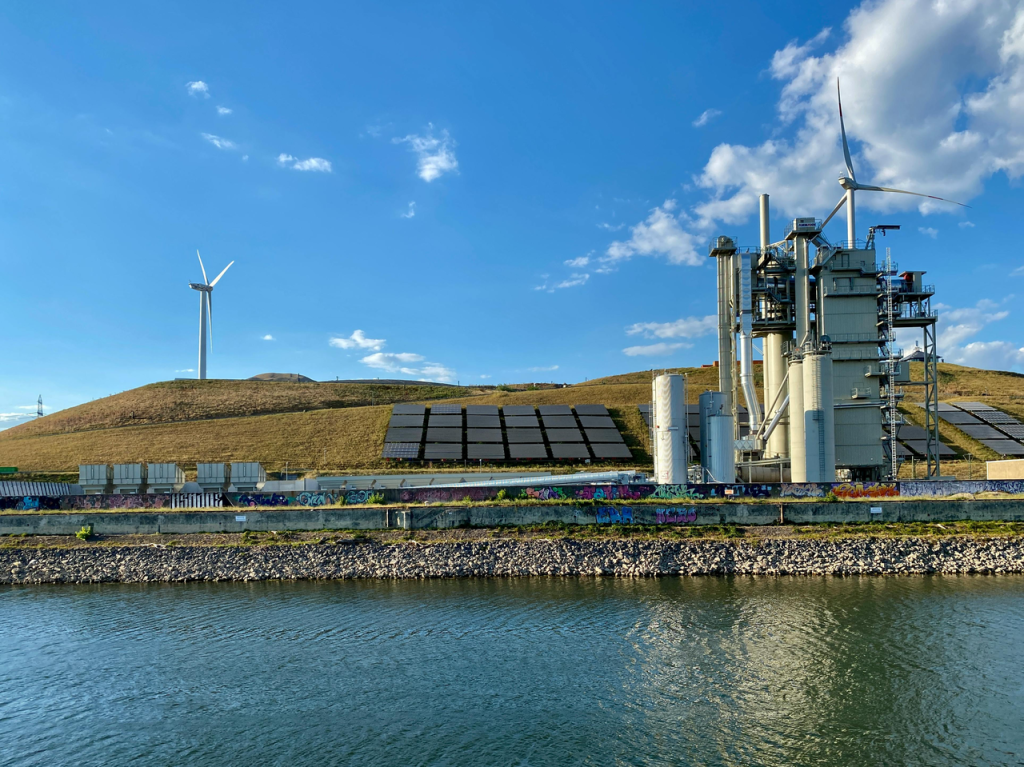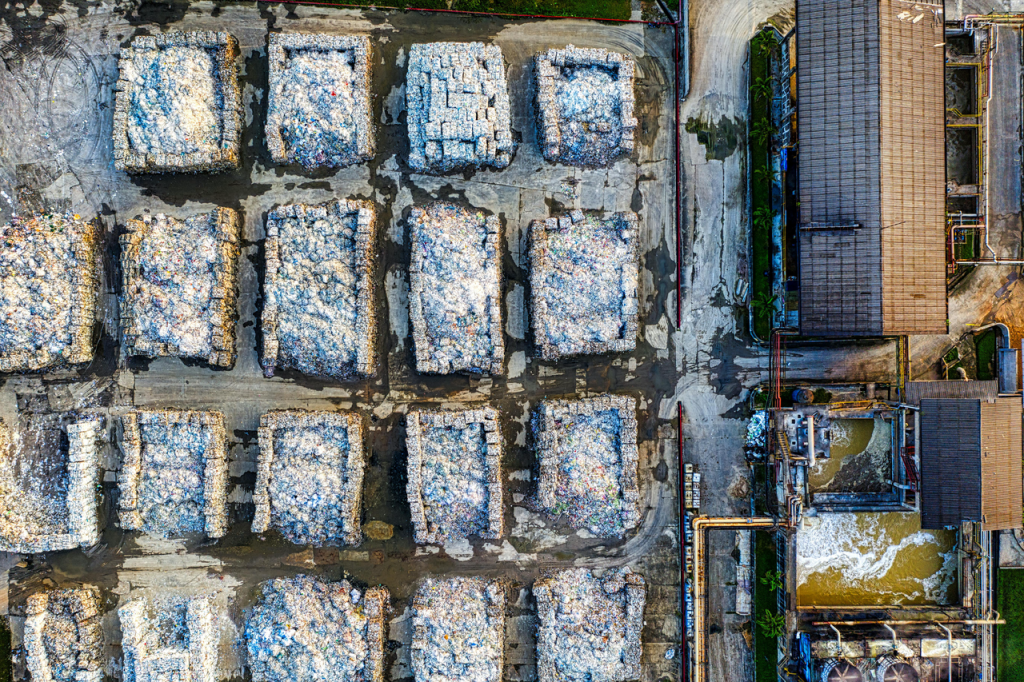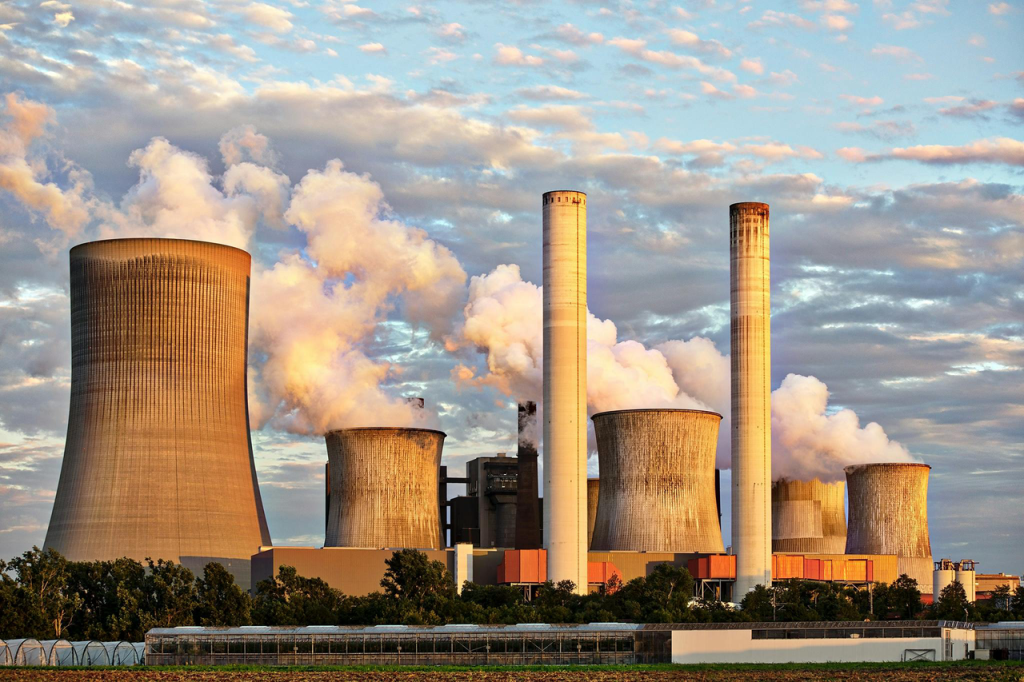The petrochemical industry is at a pivotal moment, with increasing pressure to adopt sustainable practices that minimize environmental impact while meeting global demand. The Ambani Group, a global leader in petrochemical innovations, is leading the charge by integrating eco-friendly production methods and green manufacturing practices into its operations. This article explores the Ambani Group’s sustainable petrochemical production strategies, their impact on the industry and environment, and how they are shaping the future of sustainable petrochemical production.
The Need for Sustainability in Petrochemical Production
The petrochemical industry has traditionally been associated with high carbon emissions, resource consumption, and environmental degradation. However, the growing urgency to combat climate change and meet global sustainability goals has made eco-friendly production a necessity.
Key Challenges:
- Carbon Emissions: The petrochemical sector is responsible for approximately 10% of global energy-related CO2 emissions, according to the International Energy Agency (IEA, 2023). This makes it one of the largest contributors to greenhouse gas emissions. (International Energy Agency [IEA], 2023).
- Resource Depletion: The industry relies heavily on finite fossil fuels, such as crude oil and natural gas, which are not only environmentally damaging but also subject to price volatility. (Ellen MacArthur Foundation, 2023).
- Waste Generation: Plastic waste and chemical byproducts pose significant environmental risks, with millions of tons of plastic ending up in oceans and landfills annually (United Nations Environment Programme [UNEP], 2023).
Why Sustainability Matters:
Adopting sustainable practices not only reduces environmental impact but also enhances operational efficiency, reduces costs, and meets the growing demand for eco-friendly petrochemicals. According to a McKinsey & Company (2023) report, companies that prioritize sustainability are 20% more likely to achieve long-term profitability.
Ambani Group’s Sustainable Practices in Petrochemical Production
The Ambani Group is setting new benchmarks for sustainable petrochemical production through innovative strategies and technologies. Here’s how they are leading the way:
1. Renewable Energy Integration
The group is transitioning to renewable energy sources to power its production facilities, reducing reliance on fossil fuels and lowering carbon emissions.
- Solar and Wind Energy: The Ambani Group has installed solar panels and wind turbines at its plants, generating clean energy to meet a significant portion of its power needs.
- Impact: Reduces carbon emissions by 30% annually, equivalent to removing 500,000 cars from the road each year (Ambani Group, 2023).
- Green Hydrogen: The group is investing in green hydrogen production, using renewable energy to produce hydrogen for industrial processes.
- Impact: Offers a zero-emission alternative to traditional fuels, with the potential to reduce emissions by up to 50% in the next decade (World Economic Forum [WEF], 2023).

Impact of Sustainable Practices in the Petrochemical Industry
The adoption of sustainable practices in the petrochemical industry is making a significant impact on both the environment and the sector as a whole. By integrating eco-friendly production methods, companies are reducing their carbon footprint, minimizing waste, and driving innovation. Here’s a closer look at the broader impact of these sustainable practices:
1. Reduced Carbon Footprint
The integration of renewable energy and green technologies has enabled the industry to significantly reduce its carbon emissions. For example, the use of solar, wind, and green hydrogen has helped companies cut emissions by up to 30%. This reduction is equivalent to 1.5 million tons of CO2 annually, contributing to global climate goals and helping to combat climate change (International Energy Agency [IEA], 2023).
2. Waste Minimization
Through recycling initiatives and waste heat recovery systems, the industry is diverting millions of tons of waste from landfills each year. For instance, chemical recycling technologies are transforming plastic waste into raw materials for new products, creating a closed-loop system that maximizes resource efficiency. This not only reduces environmental pollution but also promotes a circular economy (Ellen MacArthur Foundation, 2023).

3. Industry Leadership and Innovation
Sustainable practices are setting new standards for the petrochemical industry, inspiring companies to adopt eco-friendly methods. By prioritizing sustainability, the industry is driving innovation in areas like bio-based chemicals, biodegradable plastics, and smart manufacturing. These advancements are creating a ripple effect, encouraging other sectors to follow suit and adopt greener practices (World Economic Forum [WEF], 2023).
4. Economic Benefits
Sustainability initiatives are proving to be economically beneficial for the industry. By improving energy efficiency, reducing waste, and optimizing resource use, companies are achieving significant cost savings—often exceeding $100 million annually. These savings are being reinvested into further innovation and sustainability projects, creating a positive feedback loop that enhances both profitability and environmental performance (McKinsey & Company, 2023).
5. Enhanced Brand Reputation
Companies that prioritize sustainability are strengthening their reputation as responsible and forward-thinking organizations. This commitment to eco-friendly practices attracts partnerships with global organizations, increases customer loyalty, and enhances brand value. According to the Harvard Business Review (2023), businesses that align with sustainability goals are more likely to build trust and long-term relationships with stakeholders.
The Future of Sustainable Petrochemical Production
The petrochemical industry is undergoing a transformative shift as it embraces sustainability to address environmental challenges and meet global demand. With increasing pressure to reduce carbon emissions, minimize waste, and adopt eco-friendly practices, the future of petrochemical production lies in innovation, collaboration, and global expansion. Here’s a look at the key trends and strategies shaping the future of sustainable petrochemical production:
1. Innovation and Research
The industry is investing heavily in research and development (R&D) to create new materials and technologies that reduce environmental impact.
Carbon Capture and Storage (CCS)
Carbon capture and storage (CCS) technologies are designed to capture CO2 emissions from production processes and store them underground or repurpose them for industrial use. These technologies are critical for reducing emissions in petrochemical plants, with the potential to cut CO2 output by up to 90%. According to the International Energy Agency (IEA, 2023), CCS is a key tool for achieving net-zero goals, as it prevents large amounts of greenhouse gases from entering the atmosphere.
Advanced Bio-Based Feedstocks
Advanced bio-based feedstocks involve replacing traditional fossil fuel-based raw materials with renewable alternatives like algae, agricultural waste, and plant-based materials. These feedstocks can reduce reliance on fossil fuels by 30-50% while also lowering carbon emissions. The World Economic Forum (WEF, 2023) highlights that bio-based feedstocks are a game-changer for the industry, offering a sustainable alternative to finite resources.

Smart Manufacturing
Smart manufacturing leverages technologies like artificial intelligence (AI), the Internet of Things (IoT), and blockchain to optimize production processes and reduce waste. By using real-time data and automation, smart manufacturing can improve energy efficiency by 20% and reduce operational costs by 15%. According to McKinsey & Company (2023), these technologies are transforming the industry by enabling smarter, more efficient production systems.
2. Collaboration and Partnerships
Achieving sustainability in petrochemical production requires collaboration across industries, governments, and organizations.
Global Sustainability Alliances
Global sustainability alliances bring together industry leaders, governments, and organizations like the Ellen MacArthur Foundation and World Economic Forum (WEF) to promote circular economy principles. These partnerships help standardize sustainable practices, share best practices, and accelerate the adoption of green technologies. The Ellen MacArthur Foundation (2023) emphasizes that such collaborations are essential for creating a unified approach to sustainability across the industry.
Policy Advocacy
Policy advocacy involves working with governments to shape policies that support sustainable petrochemical production. This includes initiatives like carbon pricing, subsidies for renewable energy, and stricter waste management regulations. Supportive policies can drive industry-wide adoption of sustainable practices and create a level playing field for eco-friendly innovations. The World Economic Forum (WEF, 2023) notes that policy advocacy is crucial for aligning industry practices with global climate goals.
3. Global Expansion of Sustainable Practices
The adoption of sustainable practices is expanding globally, with key regions leading the way.
Asia-Pacific
The Asia-Pacific region is focusing on expanding renewable energy projects and waste recycling facilities. With its rapidly growing economy and increasing energy demand, the region is expected to account for 50% of global renewable energy capacity by 2030. According to the International Energy Agency (IEA, 2023), this growth will drive sustainable petrochemical production and set an example for other regions.
Europe
Europe is at the forefront of implementing green hydrogen initiatives and circular economy models. The region aims to produce 10 million tons of green hydrogen annually by 2030, significantly reducing emissions from petrochemical production. The World Economic Forum (WEF, 2023) highlights that Europe’s commitment to green hydrogen and circular economy principles is a model for sustainable industrial practices.
North America
North America is leading the way in introducing bio-based chemicals and biodegradable plastics to the market. The region’s focus on innovation and sustainability is expected to drive the bio-based chemical market to a projected value of $20 billion by 2030. According to McKinsey & Company (2023), North America’s leadership in this area is a testament to the potential of sustainable petrochemical production.
4. Sustainability Goals for 2030
The petrochemical industry has set ambitious sustainability goals for 2030, reflecting its commitment to reducing environmental impact.
50% Reduction in Carbon Emissions
The industry aims to achieve a 50% reduction in carbon emissions by 2030 through renewable energy integration, green hydrogen, and carbon capture technologies. This reduction would prevent 1.5 billion tons of CO2 emissions annually, equivalent to taking 300 million cars off the road. The International Energy Agency (IEA, 2023) emphasizes that this goal is critical for aligning the industry with global climate targets.
Zero Waste to Landfill
The goal of achieving zero waste to landfill involves diverting 100% of waste from landfills through recycling, chemical recycling, and circular economy initiatives. This would eliminate 10 million tons of plastic waste annually, significantly reducing environmental pollution. The Ellen MacArthur Foundation (2023) highlights that this goal is a cornerstone of the industry’s transition to a circular economy.
100% Renewable Energy
The industry is working toward transitioning all production facilities to run on 100% renewable energy sources like solar, wind, and green hydrogen. This shift would reduce the industry’s carbon footprint by 40% and set a new standard for sustainable manufacturing. According to the International Energy Agency (IEA, 2023), this goal is achievable with continued investment in renewable energy infrastructure.
Conclusion
The future of sustainable petrochemical production is bright, driven by innovation, collaboration, and a global commitment to reducing environmental impact. By adopting advanced technologies, fostering partnerships, and setting ambitious sustainability goals, the industry is paving the way for a cleaner, greener future.
As the world moves toward a low-carbon economy, sustainable petrochemical production will play a crucial role in achieving global climate goals and ensuring a healthier planet for future generations.
References
- International Energy Agency (IEA). (2023). Global Energy Outlook. Retrieved from https://www.iea.org/reports/global-energy-outlook-2023
- Ellen MacArthur Foundation. (2023). The New Plastics Economy. Retrieved from https://www.ellenmacarthurfoundation.org/publications
- McKinsey & Company. (2023). Sustainability in Petrochemicals: A Roadmap for the Future. Retrieved from https://www.mckinsey.com/industries/chemicals/our-insights
- World Economic Forum (WEF). (2023). The Future of Petrochemicals. Retrieved from https://www.weforum.org/reports/the-future-of-petrochemicals
- United Nations Environment Programme (UNEP). (2023). Reducing Plastic Waste. Retrieved from https://www.unep.org/resources/report/reducing-plastic-waste
- Harvard Business Review. (2023). The Business Case for Sustainability. Retrieved from https://hbr.org/2023/05/the-business-case-for-sustainability